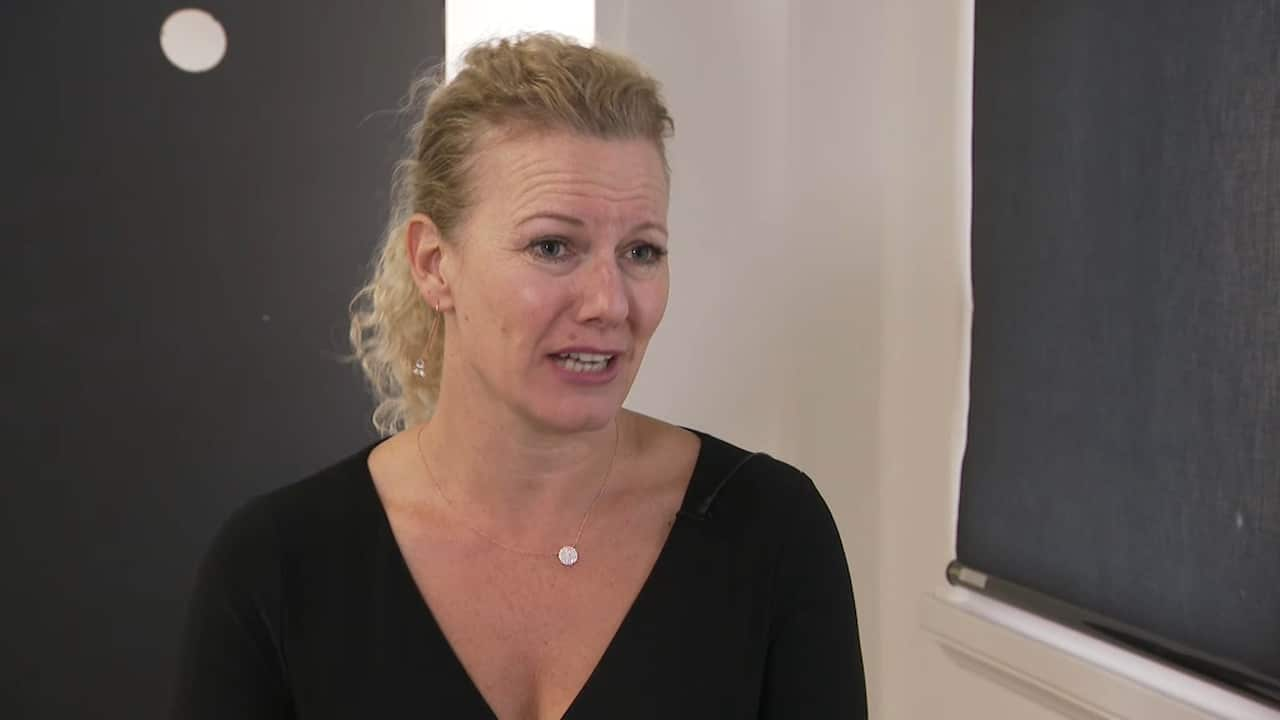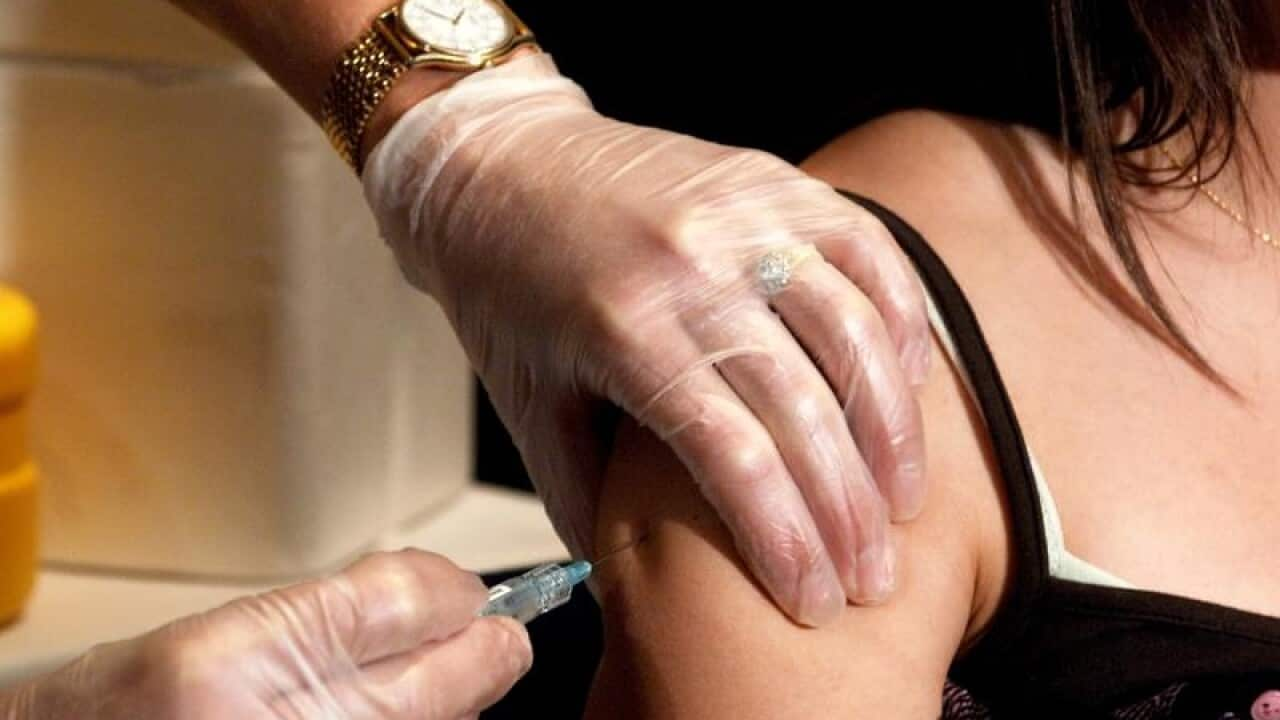Cervical cancer survivors have praised researchers for putting Australia on track to become the world's first country to eliminate the devastating disease.
Research released by the Cancer Council on Wednesday shows cervical cancer is on track to be a rare disease by 2022, with rates set to fall to four in 100,000 by 2035.
Vaccinations and screening tests have been credited for the remarkable downturn in the devastating disease.
About 79 per cent of 15-year-old girls and 43 per cent of boys have had the voluntary Gardasil vaccination, which also offers protection against anal, vulvar and throat cancers caused by human papillomavirus (HPV), and genital warts.
Sydney woman Michelle Cox has survived two bouts of cervical cancer and says the prospect that it could be eliminated within her lifetime is "fantastic".
She was first diagnosed with cervical cancer at age 29.
As the cancer was in the early stages it was able to be treated with a cone biopsy, removing a small part of her uterus.

However, 18 months later the cancer had returned and delays getting treatment due to a misdiagnosis meant that it was much more severe this time.
Ms Cox required a radical hysterectomy and a tumor the size of a small football was removed.
"Having going through being diagnosed with cancer and your life changing overnight is something you can't really describe unless you've gone through it," Ms Cox told SBS News.
The 46-year-old continues to deal with the consequences.
"I always wanted to have children and then couldn't have them because I'd had a hysterectomy so I had to deal with what did life look like now without kids."
Health Minister Greg Hunt said cases have halved since the pap smear was introduced in 1991.
"What we're seeing now is the vaccinations which began in 2007 just beginning to have their impact on younger women, who would otherwise be in the group that might be first developing cervical cancer," he told ABC radio on Wednesday.
Mr Hunt is hopeful more teenagers will sign up for the life-saving jab.
Women must remain vigilant
Ms Cox said its crucial to remind women, particularly those over the age of 25, to remain vigilant.
Cancer Council NSW research director Karen Canfell said its vital women continue to have pap smears and screen tests.
"Under the new screening program, women should have their first screening test at age 25 and then every five years, if no high risk HPV is detected," Professor Canfell said on Wednesday.
"Those who have previously had the pap test should have their next cervical screening test two years after their last pap test, after which point they can move to five-yearly screening."
While less frequent, Mr Hunt says the new screening test is more accurate as it detects the virus at an earlier stage.
The new test is expected to lower cervical cancer cases and mortality by at least 20 per cent.

